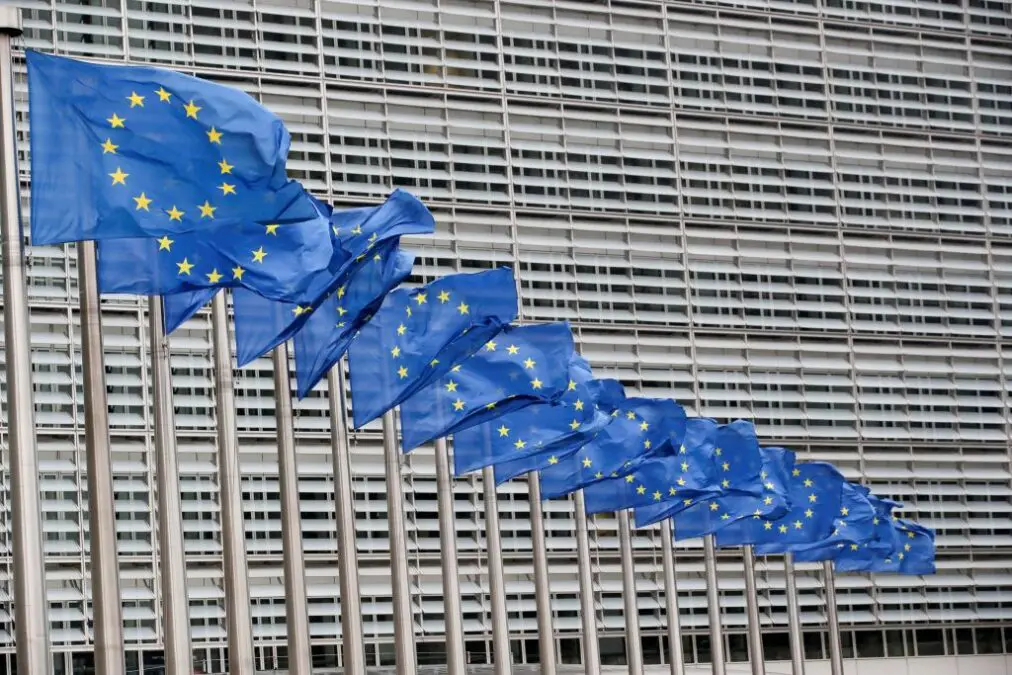The European Council opens on Thursday 21 October in a poisonous atmosphere as Poland steps up its attacks on the European institutions. Until tomorrow, the 27 EU leaders will have to debate energy prices and migration issues
ENERGY PRICES AT THE HEART OF THE DEBATE
France is not the only country affected by rising energy prices. The whole of Europe is affected. The price of gas has quadrupled in just six months. The increase is particularly spectacular in certain countries such as Spain, where the price of electricity has risen by more than 35% in one year, or in Italy where gas prices have jumped by 30%.
Spain, supported by France, is calling for “exceptional measures” such as the joint purchase of gas to create strategic reserves or the reform of the electricity market. The European Commission is more cautious and believes that member states already have the tools to deal with the energy crisis. In Brussels, “leaders will assess the measures that could be taken at both national and European level to address these rising prices,” the European Council said in a statement.
CONCERN ABOUT MIGRATION FLOWS
The migration issue will also be discussed during the summit. While irregular arrivals in the EU were down in 2020 compared to 2019, the pace has accelerated in 2021. “The central Mediterranean route (travel from North Africa, often with transit through Libya) has seen the biggest increase (83%) among the different migration routes,” says the public policy website vie-publique.fr.
The European Council will have to evaluate the implementation of the conclusions adopted last June. At that time, the Member States had recommended “immediate reinforcement of concrete actions with priority countries of origin and transit, as well as tangible support measures in their favour”.
The European Council also set itself the objective of “presenting in autumn 2021 action plans (…) and concrete timetables” to tackle the “root causes” of migration, eradicate “migrant smuggling and trafficking”, strengthen “border control” and improve cooperation “in search and rescue” of migrants.
POLAND IN LEGAL WAR AGAINST THE EU
The Polish case is likely to once again interfere with discussions between the EU-27. The European Commission has been engaged in a legal battle with Poland since the beginning of the month, after a Polish court ruled that certain articles of the EU treaties are “incompatible” with the country’s constitution. The Commission and several Member States see this as an unprecedented challenge to the primacy of European law and the competence of the EU Court of Justice, one of the founding pillars of the EU.
Brussels has so far frozen €36 billion promised to Warsaw as part of the EU recovery plan and warned the Polish government that it would have to restore the independence of the judiciary before it could receive the funds. European Commission President Ursula Von Der Leyen also raised the possibility of triggering a new infringement procedure, which could lead to a referral to the EU Court of Justice. For his part, the head of the conservative Polish government, Mateusz Morawiecki, denounced “blackmail” and a “paternalistic attitude”.







